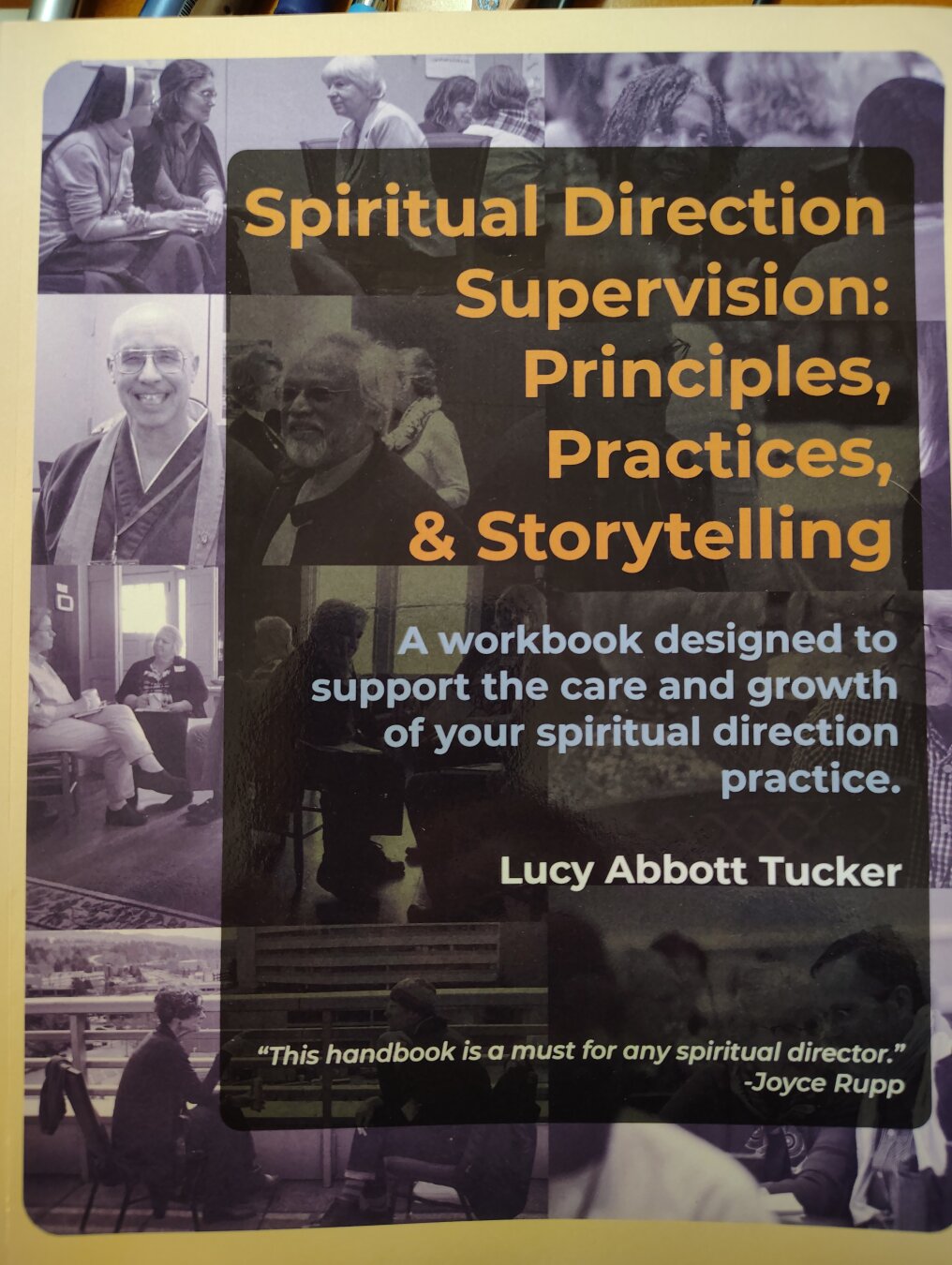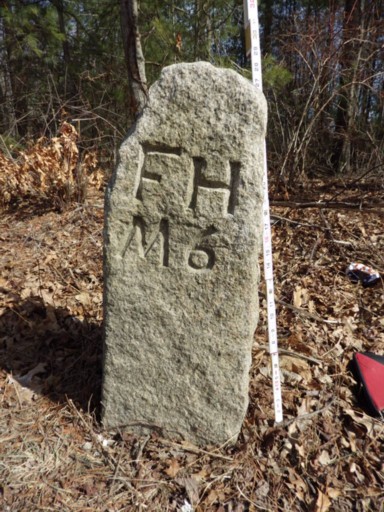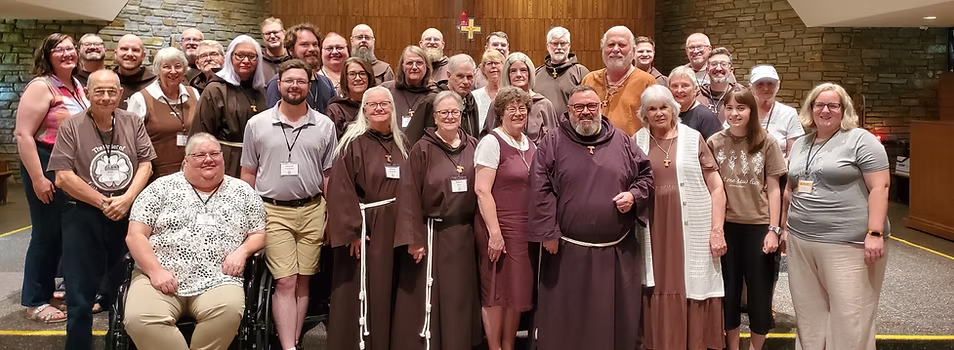 Sometimes we seek comfort from our religious and spiritual practices. Whether we call it calm, equanimity, repose, inner peace, consolation, radical acceptance, or any other title, a sense of feeling safe, connected, seen and held can be a beautiful gift that enlivens us. It’s important to note, that if this is the only spiritual state that we seek out regularly, we may be missing an important opportunity to explore the rich invitations that are present in other states of being. Our spiritual lives are a container for the confluence of human experience and expression, not just for warm fuzzies (some mystics call this spiritual sweetness) or for deep peace no matter what comes.
Sometimes we seek comfort from our religious and spiritual practices. Whether we call it calm, equanimity, repose, inner peace, consolation, radical acceptance, or any other title, a sense of feeling safe, connected, seen and held can be a beautiful gift that enlivens us. It’s important to note, that if this is the only spiritual state that we seek out regularly, we may be missing an important opportunity to explore the rich invitations that are present in other states of being. Our spiritual lives are a container for the confluence of human experience and expression, not just for warm fuzzies (some mystics call this spiritual sweetness) or for deep peace no matter what comes.
In fact, when our connection to the divine is frequently a shortcut to a hypo-activated state (as opposed to a hyper-activated/reactive space or one that is regulated and balanced), we may be engaged in a contemplative misstep called “Spiritual Bypassing”, where genuine difficulty, suffering, joy, anger, rage, sorrow, love, and more are papered over by generic spiritual language that avoids rather than embraces, soothes symptoms rather than metabolizes the core challenge. This move to avoidance might be couched in deeply spiritual or religious language, but serves to depersonalize, disconnect, even dissociate from what is actually happening. It is a way our minds try to “go around” instead of “going through”, and it’s often a path to a colossal energetic traffic jam.
While there are many ways this bypassing might present, one that I see frequently is a desire to only involve the divine, the ultimate, the universal at a point when everything is already fairly neat and clean. We chase self-repair before showing up to ask for mercy or grace. Another one is the idea that any time God is introduced into deep discord or dysregulation, the practice brings a permeating calm and “okay-ness” that actually prevents spiritual growth, working through shadow material, or otherwise contending with the vicissitudes of life. In this scenario, the Holy One becomes its own form of thought terminating cliche, emotional bandage, or spiritual dissociation.
If abiding with God and our pain means we have to conform to some sort of “positive vibes only” or “deep peace and ease” framework, then our practices will not yield much in the way of growth, healing, or compassion. We are invited to a deeper relationship where not only can we be messy, but where God is ready to get messy with us. This is the miracle of incarnation. We are beloved by one who not only sees and acknowledges our dumpster fire, but who joins us in the smoke and flame, getting just as sooty, and in the midst of the fire, gives us the inspiration to imagine what it would be like to be a dumpster phoenix, remembering that death and resurrection go hand in hand.
There are too many modes of existence to tackle in a single essay, but I will endeavor to lift up a few, to encourage you to try out some of these ways of being present with God and in which, God can be present with you too.
Dryness- Sometimes we experience flow states, where it seems like inspiration, ideas, efforts, and even results are just pouring into, through, and out of us. This can be so intoxicating, mysterious, enjoyable and yet every river experiences low times, dry spells, and low flow. When we are dry, inspiration is hard to come by, our practice doesn’t feel lively, and we can find ourselves desperate for even a drop or two of invigoration. In dry spaces, we may be called on to wait, to wonder, to pay attention for places around us that we can see the trickle of flow. We can abide here with the one who says “I am thirsty” and who knows what it’s like when our bodies and our souls feel parched.
Righteous Anger- the ability to bear witness to the world’s suffering and not be activated at all, or at least to pretend that it is true, isn’t the ultimate asceticism, but more likely another version of bypassing. When we are activated by injustice, disaster, and the harm we see around us, in us, or even coming from us, we can abide in that anger and invite the one whose “nose burns hot” at what is wrong in the world to keep that fire alive in us, while also making sure that our anger helps us to transform and metabolize pain, not join in transmitting it to others.
Lament- lament begins with being overwhelmed, sharing in that overwhelm with others, and then crying out in honesty, “we are overwhelmed and our hearts are breaking within us.” Sometimes the pain in the world is an evil that can be restrained or resisted. Sometimes we are up against a disaster so complex, that identifying blame is a fruitless task, but identifying the harm and publicly mourning it and crying out for help are essential. We can abide in deep sorrow and lament what is not okay, joined by the very one whose “womb aches for the suffering of her children” and knowing that our outcry will be heard.
Desolation- sometimes we go dry for a long time. We are exhausted from resisting and pushing back. We feel disconnected and unable to join in community, even to wail. From a practice perspective, nothing seems to be medicine for the soul. It can be tempting to seek distraction, busyness, or even to court despair. In desolation, we are invited to look more carefully at the landscape of our interior selves, moving forward as slowly as necessary while we wait for something new to break through. We can abide in our desolation, inviting the one who cried “My God, My God, why have you abandoned me?” to be present, to see us in this low and help us to trust in what comes next.
Playfulness/Childlike Awe- even when things feel balanced, calm, relatively stable, we can be cautious about showing up for our practice unserious or without the requisite solemnity. We have a whole nervous system state for play, and yet as adults frequently avoid playing or being silly in order to be taken seriously by our peers. We shy away from approaching things we cannot explain or apprehend, when this is precisely the core of our spiritual lives. Let us be silly, playful, curious, childlike in our awe and as we abide in such spaces, we will be joined by the one who said “unless you become as a little child, you will never enter the kin-dom of Heaven.”
There are thousands of states beyond these few, but my hope is that if you can show up to your practice in the ones mentioned here, that it will be marvelous practice for showing up in them in other states as well. The Bypass isn’t the quick way around, because the path of a life well lived goes through, not around. If you find yourself in the traffic jam, don’t be afraid to turn off the car, stand on the hood, and raise your arms to the sky in an act of pure wonder.
Be gentle with yourself, you are worth it.
Peace and Everything Good,
The Rev. JM Longworth, OEF
Spiritual Direction and Trauma Care
https://www.sdicompanions.org/sdi-profile/GreenMtFriarOEF/
To book an appointment:
https://calendly.com/greenmtfriaroef




 The Christian liturgical season of Advent might be my favorite period of practice in the year. Anticipatory awe side-by-side with anticipatory joy, all bundled in the profound awareness of how much of the world is desperately awaiting relief of one sort or another. The need for food, shelter, companionship, and all kinds of safety are highlighted by the conspicuous consumption, overindulgence, illusions of peace, and chasing of happiness that seem to mark the end of the year in our broader culture. So many people are waiting on a hope that often feels like it may never come.
The Christian liturgical season of Advent might be my favorite period of practice in the year. Anticipatory awe side-by-side with anticipatory joy, all bundled in the profound awareness of how much of the world is desperately awaiting relief of one sort or another. The need for food, shelter, companionship, and all kinds of safety are highlighted by the conspicuous consumption, overindulgence, illusions of peace, and chasing of happiness that seem to mark the end of the year in our broader culture. So many people are waiting on a hope that often feels like it may never come. Sometimes we seek comfort from our religious and spiritual practices. Whether we call it calm, equanimity, repose, inner peace, consolation, radical acceptance, or any other title, a sense of feeling safe, connected, seen and held can be a beautiful gift that enlivens us. It’s important to note, that if this is the only spiritual state that we seek out regularly, we may be missing an important opportunity to explore the rich invitations that are present in other states of being. Our spiritual lives are a container for the confluence of human experience and expression, not just for warm fuzzies (some mystics call this spiritual sweetness) or for deep peace no matter what comes.
Sometimes we seek comfort from our religious and spiritual practices. Whether we call it calm, equanimity, repose, inner peace, consolation, radical acceptance, or any other title, a sense of feeling safe, connected, seen and held can be a beautiful gift that enlivens us. It’s important to note, that if this is the only spiritual state that we seek out regularly, we may be missing an important opportunity to explore the rich invitations that are present in other states of being. Our spiritual lives are a container for the confluence of human experience and expression, not just for warm fuzzies (some mystics call this spiritual sweetness) or for deep peace no matter what comes.




 Whether they are thoughts, memories, and sensations from things that happened in our past, or the spontaneous reactions that our minds and bodies are having to what we’re witnessing in the present moment, there are times when cultivating a contemplative consciousness feels like being sucked into a giant game of wack-a-mole.
Whether they are thoughts, memories, and sensations from things that happened in our past, or the spontaneous reactions that our minds and bodies are having to what we’re witnessing in the present moment, there are times when cultivating a contemplative consciousness feels like being sucked into a giant game of wack-a-mole.